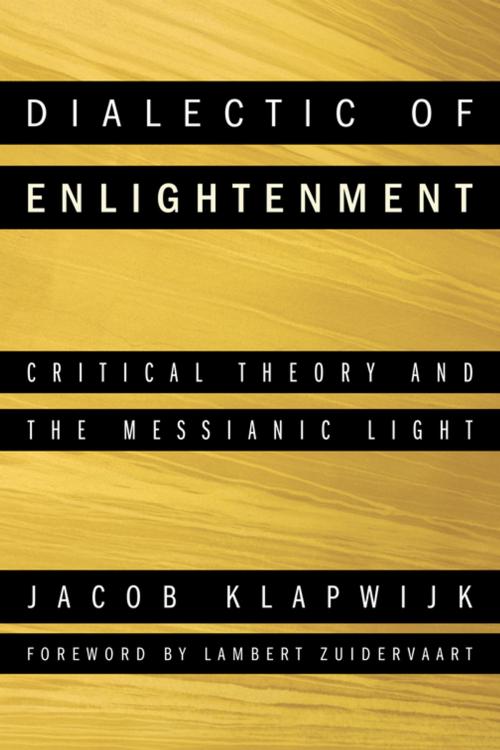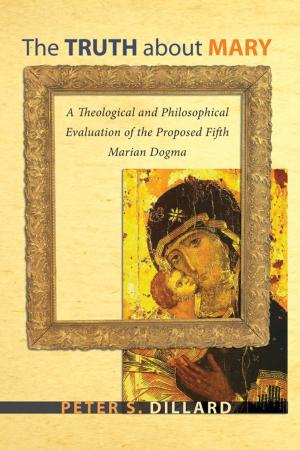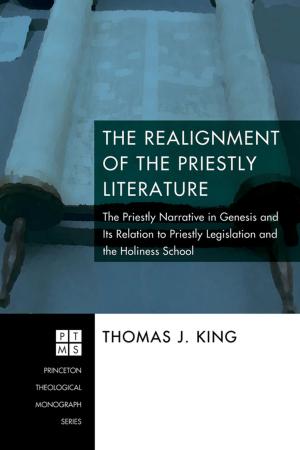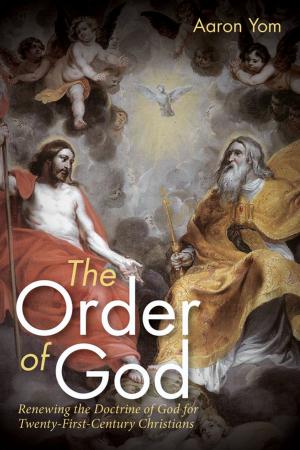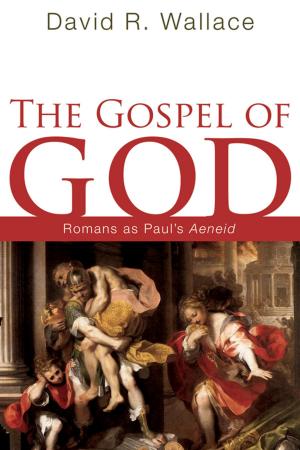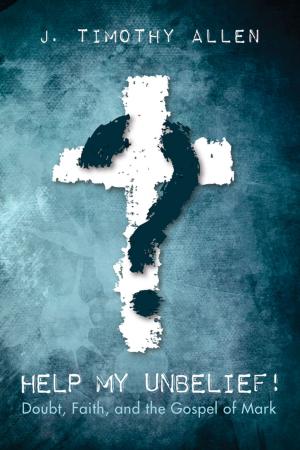Dialectic of Enlightenment
Critical Theory and the Messianic Light
Nonfiction, Religion & Spirituality, Philosophy| Author: | Jacob Klapwijk | ISBN: | 9781498272810 |
| Publisher: | Wipf and Stock Publishers | Publication: | August 9, 2010 |
| Imprint: | Wipf and Stock | Language: | English |
| Author: | Jacob Klapwijk |
| ISBN: | 9781498272810 |
| Publisher: | Wipf and Stock Publishers |
| Publication: | August 9, 2010 |
| Imprint: | Wipf and Stock |
| Language: | English |
Dialectic of Enlightenment is a thought-provoking introduction to the Frankfurt School of Critical Theory. Max Horkheimer and Theodor Adorno first identified the dialectic of enlightenment when fascism was on the rampage in Europe. They warned that enlightened reason and societal freedom threaten to revert into blindness and oppression. Herbert Marcuse and the young Jurgen Habermas elaborated their Critical Theory, declaring that post-war society has not escaped this dilemma, blinded as it is by ideology, pseudo-democracy, and mass manipulation. Critical Theory aims to unmask modern reason and liberate society. But a fundamental question keeps coming back: how can this critique of modernity remain viable within a repressive societal system? Is reason in the modern world indeed doomed to self-destruct? Does rationality inevitably lead to domination and oppression? Jacob Klapwijk argues that the dialectic of enlightenment proves to be a faith, a mythical faith encouraging resignation and despair. Instead we need a wholesome reason, one inspired by a messianic faith. Dialectic of Enlightenment is an important book for students of philosophy, theology, and the social sciences. It invites them to a renewed criticism of the mythological traits and self-destructive tendencies of modern reason. It also offers a perspective of hope to all who share the author's concern about the direction of today's globalizing world.
Dialectic of Enlightenment is a thought-provoking introduction to the Frankfurt School of Critical Theory. Max Horkheimer and Theodor Adorno first identified the dialectic of enlightenment when fascism was on the rampage in Europe. They warned that enlightened reason and societal freedom threaten to revert into blindness and oppression. Herbert Marcuse and the young Jurgen Habermas elaborated their Critical Theory, declaring that post-war society has not escaped this dilemma, blinded as it is by ideology, pseudo-democracy, and mass manipulation. Critical Theory aims to unmask modern reason and liberate society. But a fundamental question keeps coming back: how can this critique of modernity remain viable within a repressive societal system? Is reason in the modern world indeed doomed to self-destruct? Does rationality inevitably lead to domination and oppression? Jacob Klapwijk argues that the dialectic of enlightenment proves to be a faith, a mythical faith encouraging resignation and despair. Instead we need a wholesome reason, one inspired by a messianic faith. Dialectic of Enlightenment is an important book for students of philosophy, theology, and the social sciences. It invites them to a renewed criticism of the mythological traits and self-destructive tendencies of modern reason. It also offers a perspective of hope to all who share the author's concern about the direction of today's globalizing world.
